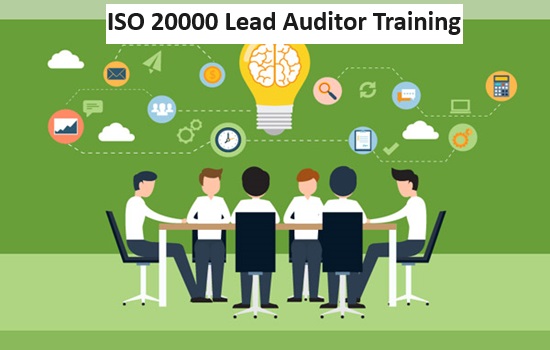
Conformance with GMP (Good Manufacturing Practices) is still crucial to ensuring the security and quality of pharmaceutical products, even as the business grows and changes. Thus, to ensure compliance with industry standards, GMP is crucial to all pharmaceutical manufacturing processes. Establishing and carrying out an internal audit process is one of the most important measures to meet those standards. To make sure that GMP processes are correctly followed throughout the company, an internal audit team made up of one or more GMP internal auditors is essential.
Which Top Skills Are Needed for GMP Internal Auditors?
In the biotechnology, pharmaceutical, and medical device sectors, Good Manufacturing Practices (GMP) refer to a system of rules and regulations that guarantee the consistency, quality, and safety of products. Tracing issues, confirming compliance, and streamlining procedures all depend on GMP records and documentation. Quality assurance specialists, inspectors, and consultants who need to confirm the veracity, correctness, and completeness of the information must possess the crucial ability to audit GMP documents and records. We'll look at the abilities required in this post to successfully and efficiently audit GMP records and documentation.
- Interpersonal Skills: A successful auditor must possess effective interpersonal skills, such as active listening. 80% of the time should be spent listening and 20% should be spent talking, according to the "80/20 rule". Since they have to share their opinions, ideas, and proposals with other auditors, executives, senior management, and regulatory bodies, auditors place a high value on communication. Misunderstandings, useless advice, and a loss of trust can result from poor communication. Attend the online GMP auditor training, workshops, or seminars to hone your communication abilities. You can also concentrate on your active listening skills. Almost as important as technology skills, communication skills rank as one of the top two attributes auditors should have.
- ·Know the GMP Requirements: Understanding the pertinent GMP regulations for one's product, process, and market is essential for conducting an audit of GMP documentation and records. The kind of product, level of complexity, stage of development, and regulatory body may all affect these needs. Understanding relevant GMP standards, guidelines, and regulations from organizations like the ICH, EU, FDA, and WHO is essential. It's also crucial to interpret and utilize these recommendations in the context and circumstances that are unique to you.
- Planning, Multitasking, and Time Management: Since auditing entails organizing the day or days and scheduling procedures to be audited, it is crucial for auditors. Time management is essential to ensuring that activities are prioritized, as smaller businesses frequently create internal audit teams from within their current workforce. Tight timelines for audit completion are necessary, and ineffective time management can result in hurried or incomplete audits, overlooked compliance problems, and postponed corrective action. A thorough audit plan, early deadline setting, and work prioritization using calendars, to-do lists, task management applications, reminders, and audit management software are all effective ways for auditors to enhance their time management abilities. By concentrating on these elements, auditors may guarantee that the audit is finished on schedule and prevent oversights of compliance problems.
- Communication Skills: A variety of stakeholders, including the auditee, the auditor, management, regulators, and customers, must be communicated with when conducting an audit of GMP documents and records. Communication with all parties involved must be done in an understandable, professional, and courteous manner. Engaging in active listening, posing pertinent queries, offering helpful criticism, and summarizing your conclusions and suggestions are all necessary. Depending on the audit's goal, audience, and circumstances, you should be able to modify your communication style and tactics.
- Professional Scepticism: To be a trustworthy, moral, and productive auditor, one must possess professional scepticism. Avoiding quick cuts and reassessing every step of the audit process is part of it. This mindset entails remaining impartial, doubting the veracity of information or documents, and approaching evidence with scepticism. Between total trust and total doubt, there is a balance. Using a sound judgment process, taking into account all pertinent facts, being receptive to new ideas, and avoiding biases and judgment traps are all important ways for auditors to develop their professional scepticism. They become an ethical, successful, and trustworthy auditor with this method.




























